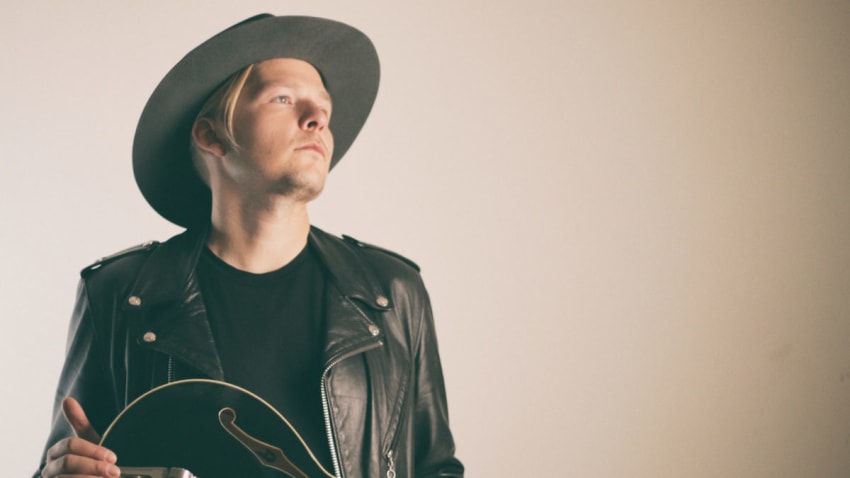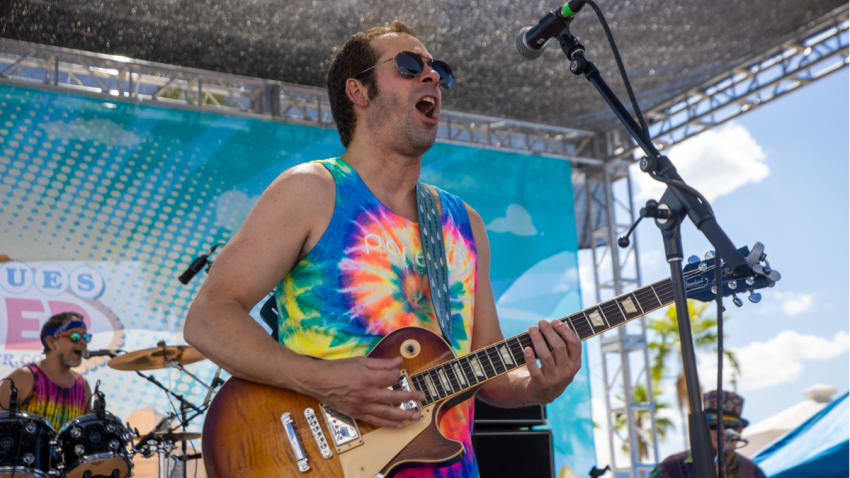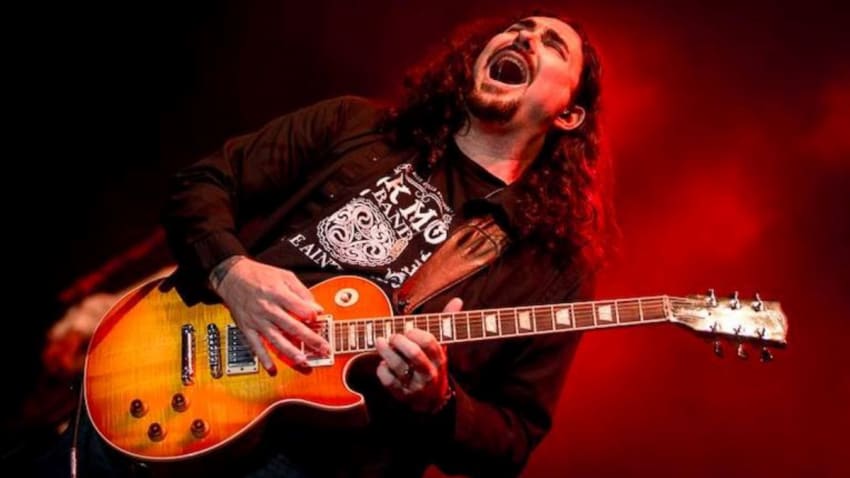Jesse Dayton Tour Dates
See the Jesse Dayton concert schedule for 2026.
Nearby Tour Dates
- We could not determine your location.
All Tour Dates
- Mar
20+
2026Fri - Oct
31
2026Sat
Advertisement
Latest Jesse Dayton Setlist
Rams Head On Stage
- Maggie Went Back to Mineola
- The Ballad of Boyd Elder
- Daddy Was a Badass
- Gunslinger Blues
- Mrs. Victoria (Beautiful Thing)
- May Have to Do It (Don't Have to Like It)








